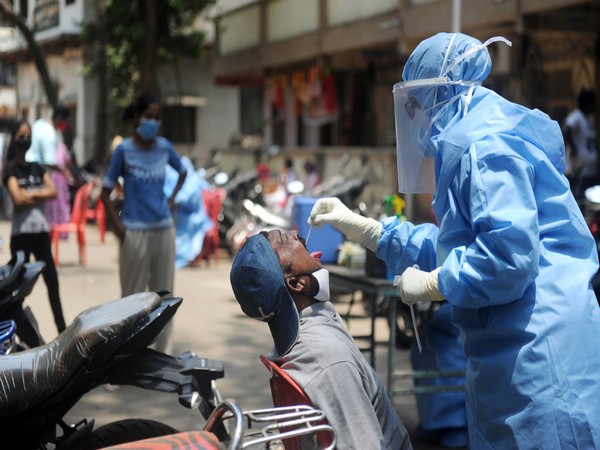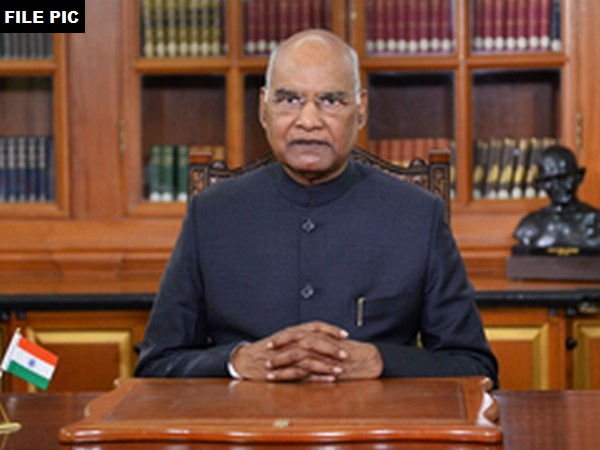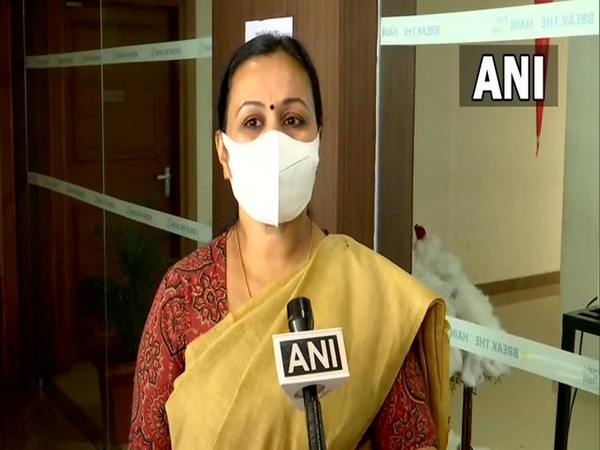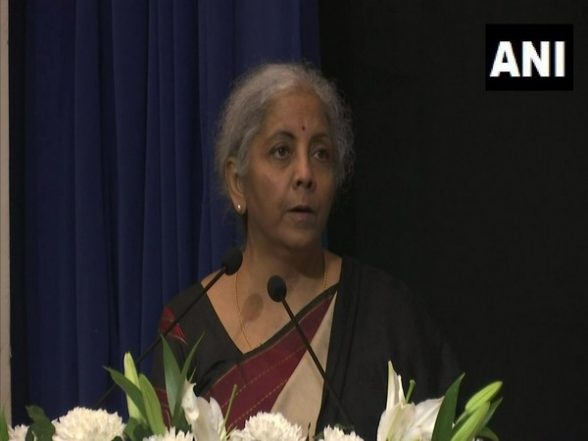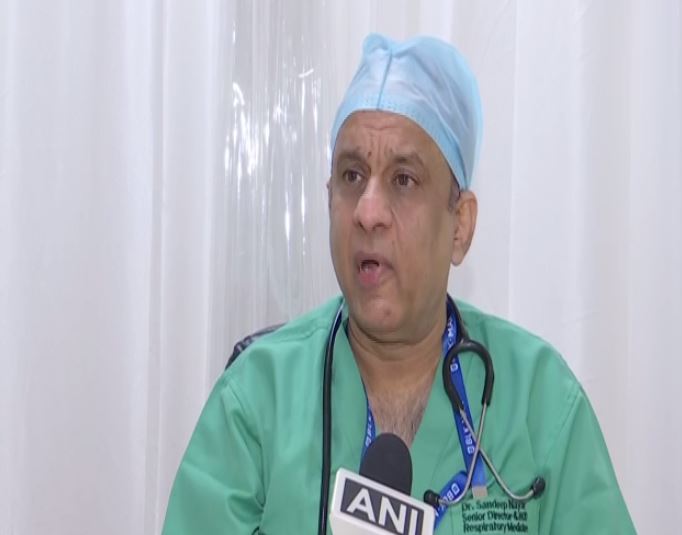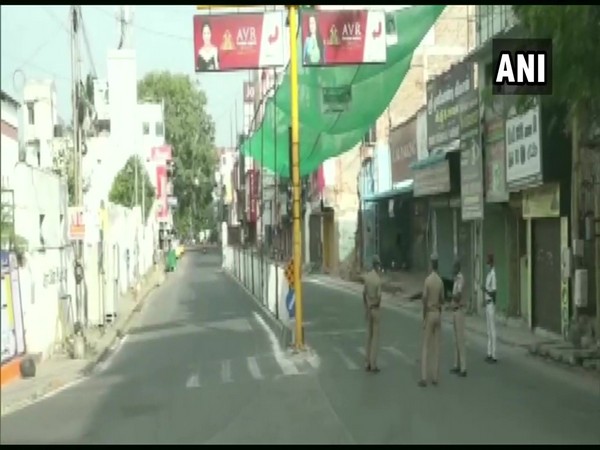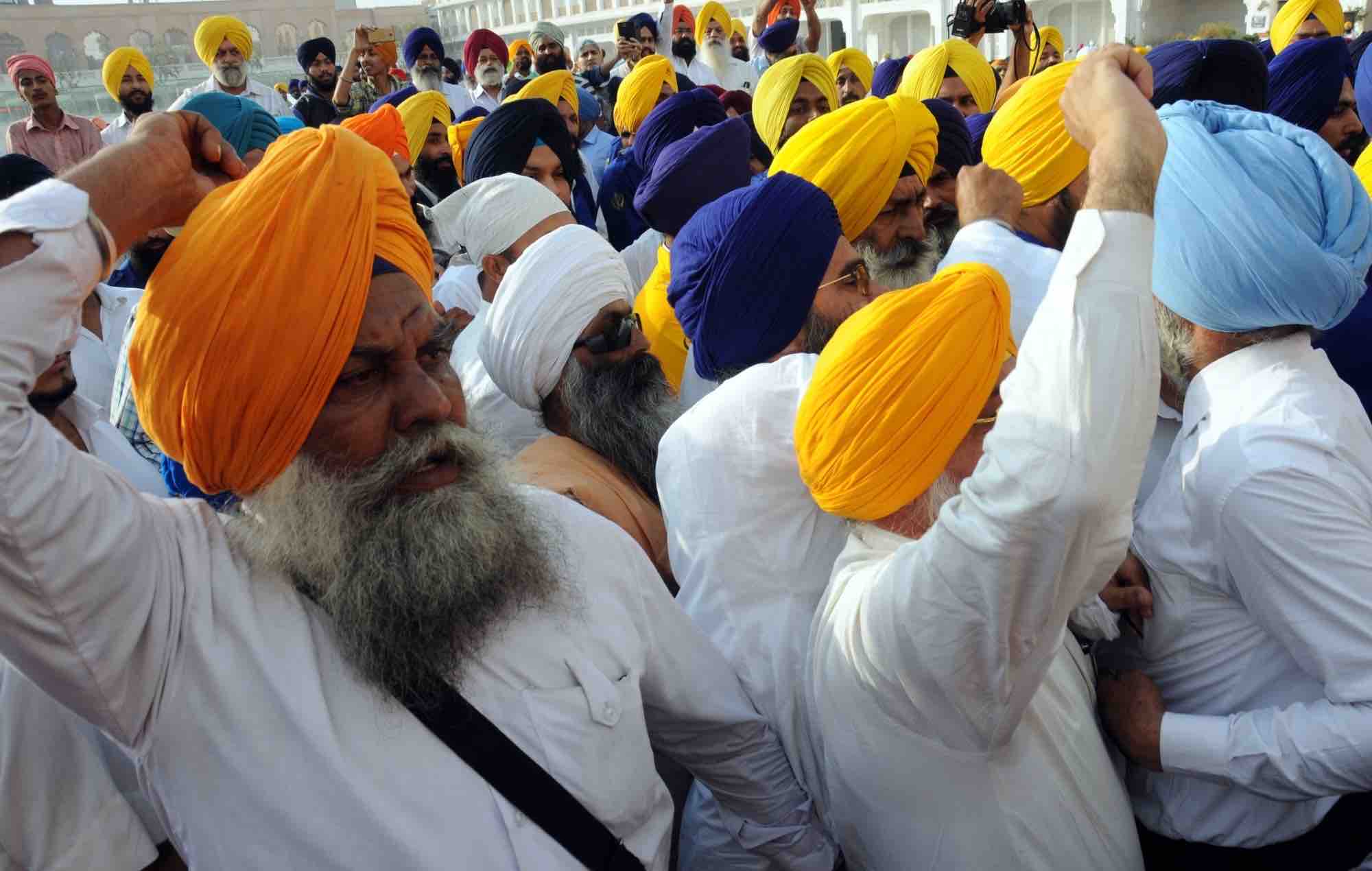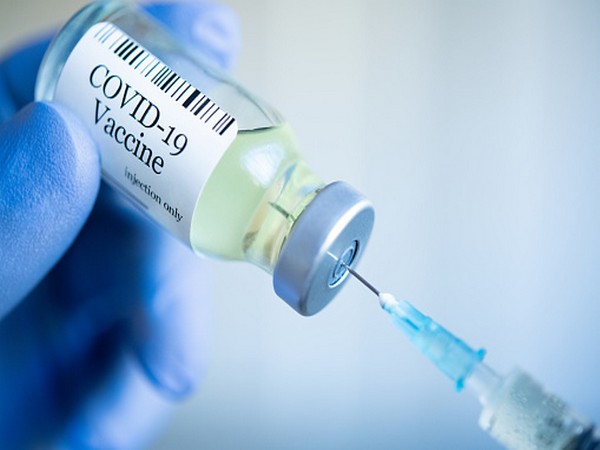President Ram Nath Kovind has given his assent to the Narcotic Drugs and Psychotropic Substances (Amendment) Bill, 2021 and Election Laws (Amendment) Bill, 2021 which were passed during the recently concluded Winter Session of Parliament amid the unprecedented uproar.
With President’s approval, the two Bills have been turned into Acts. The President gave his assent to both the Bills on Wednesday.
As per a gazette notification, the Narcotic Drugs and Psychotropic Substances (Amendment) Act,2021 and Elections Laws (Amendment) Act, 2021 have received the assent of the President.
Narcotic Drugs and Psychotropic Substances (Amendment) Act, 2021 amends the Narcotic Drugs and Psychotropic Substances Act, 1985 and rectifies a drafting “anomaly” created by a 2014 amendment to the parent legislation. It replaces the Narcotic Drugs and Psychotropic Substances (Amendment) Ordinance, 2021. The Act regulates certain operations (such as manufacture, transport, and consumption) related to narcotic drugs and psychotropic substances.
The 2021 amendment contains a legislative declaration about what one section refers to. It says Section 2 clause (viii a) corresponds to clause (viii b) in Section 27, since 2014 when the provision was first brought in. Section 27A of the NDPS Act, 1985, prescribes the punishment for financing illicit traffic and harbouring offenders.
Under the Act, financing certain illicit activities (such as cultivating cannabis or manufacturing narcotic drugs) or harbouring persons engaged in them is an offence. Persons found guilty of this offence will be punished with rigorous imprisonment of at least ten years (extendable up to 20 years) and a fine of at least one lakh rupees.
However, the Election Laws (Amendment) Act, 2021 allow electoral registration officers to seek the Aadhaar number of people who want to register as voters for the purpose of establishing identity. it allows the electoral registration officers to ask for Aadhaar numbers from “persons already included in the electoral roll for the purposes of authentication of entries in the electoral roll, and to identify registration of the name of the same person in the electoral roll of more than one constituency or more than once in the same constituency.”
The amendment makes it clear that “no application for inclusion of name in the electoral roll shall be denied and no entries in the electoral roll shall be deleted for the inability of an individual to furnish or intimate Aadhaar number due to such sufficient cause as may be prescribed.” Such people will be allowed to furnish other alternative documents as may be prescribed.
In the Bill, it was notified that various sections of the Representation of the People Act will be amended. The Statement of Objects and Reasons of the Bill states that Section 23 of the RP Act will be amended to allow linking of electoral roll data with the Aadhaar ecosystem “to curb the menace of multiple enrolments of the same person in different places.”
As per the amendment to Section 14 of the RP Act, it will allow having four “qualifying” dates for eligible people to register as voters. As of now, January 1 of every year is the sole qualifying date. People who turn 18 on or before January 1 can register as voters. Those turning 18 after that have to wait for one whole year to register as voters.
Now, “the 1st day of January, 1st day of April, 1st day of July and 1st day of October in a calendar year” will be the qualifying dates in relation to the preparation or revision of electoral rolls.
Amendment to Section 20 of the RP Act, 1950 and Section 60 of the RP Act, 1951 will allow the elections to become gender-neutral for service voters. The amendment will also help replace the word “wife” with the word “spouse” making the statutes “gender-neutral.” While, an Armyman’s wife is entitled to be enrolled as a service voter, but a woman Army officer’s husband is not, according to provisions in the electoral law. With “wife” being replaced by the term “spouse,” this will change. (ANI)
